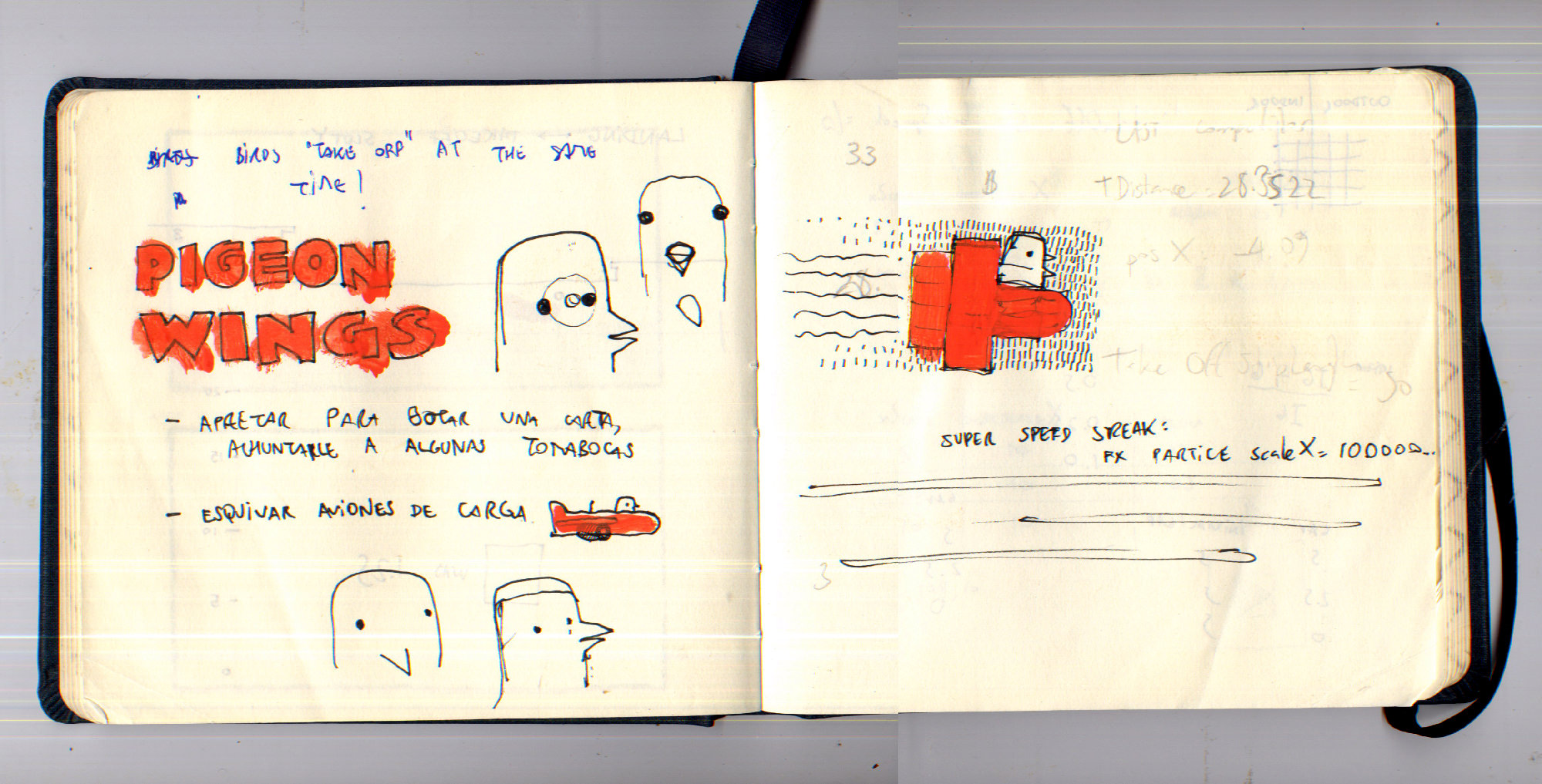 Pigeon Wings ($1.99) does so many things right, it’s hard to pinpoint all of them and why they feel the way they do. First off the game is downright charming, and just the act of playing it puts a huge smile on my face. Second is that it controls impeccably well with a mixture of extremely fine-tuned tilt controls and screen taps. Third is that these qualities coupled with well-designed, bite-sized levels have turned the game into a hotbed of fierce competition, as has been playing out in the game’s forum thread since its release a couple of weeks ago. A lot of this I think has to do with slow, iterative development, and as I mentioned when I first posted about Pigeon Wings a little over a month ago the game took over 2 years to complete.
Pigeon Wings ($1.99) does so many things right, it’s hard to pinpoint all of them and why they feel the way they do. First off the game is downright charming, and just the act of playing it puts a huge smile on my face. Second is that it controls impeccably well with a mixture of extremely fine-tuned tilt controls and screen taps. Third is that these qualities coupled with well-designed, bite-sized levels have turned the game into a hotbed of fierce competition, as has been playing out in the game’s forum thread since its release a couple of weeks ago. A lot of this I think has to do with slow, iterative development, and as I mentioned when I first posted about Pigeon Wings a little over a month ago the game took over 2 years to complete.
One of the fascinating aspects of the development of Pigeon Wings is that it’s the product of two people who live in entirely different parts of the world. With the rise of the internet and plenty of available software tools to facilitate working remotely, this sort of thing has become pretty common in the world of indie game development. My favorite example is the story of Mikey Shorts and how the two members of the game’s developer BeaverTap Games met right here on our very forums, brought together through their shared love of speedrunning platformers. To my knowledge the two Mikes of BeaverTap still have not met in person despite putting out 8 games together over the past 5 years or so.
Pigeon Wings developers Kris Hattori and Ignacio Schiefelbein similarly completed their game, as well as their first game, the educational runner Number Run ($2.99), entirely over the internet. Hattori has shared a postmortem of sorts on Imgur that details how the two collaborated online, the tools they used, and their methods that helped them reach the finish line of their game’s development. It also features some pretty sweet early concept stuff for Pigeon Wings like this sketch from the beginnings of the game’s production.
It’s interesting that two people who had never met in real life can both work together on their own duties for a game, come together regularly to discuss progress, and come out with such a finished and highly-polished game on the other side. Oh, and spoiler alert: After 5 years of working together remotely Hattori and Schiefelbein did finally meet up in person. Whether you are a fan of the game Pigeon Wings, interested in hearing about remote development, or are just interested in a neat aspect of living in the Internet Age, head over to Imgur to check out the brief synopsis behind the development of the game. If you’re interested in hearing more about Pigeon Wings itself, please give our Game of the Week recommendation and our full 5 star review a read as well.

